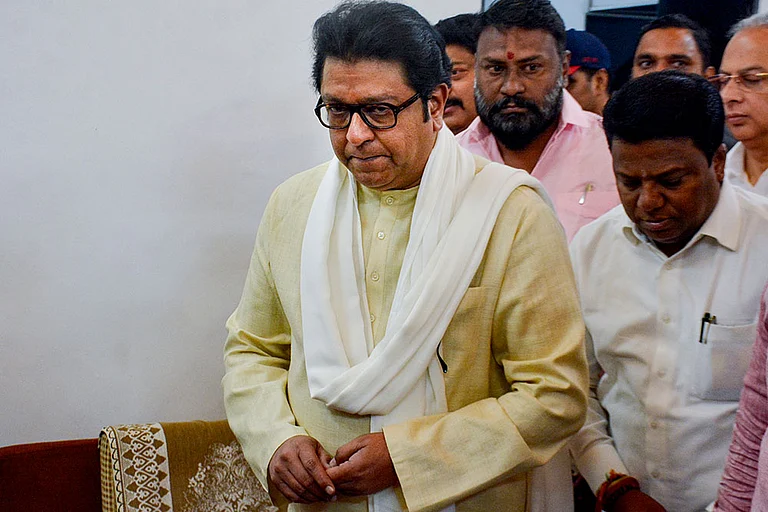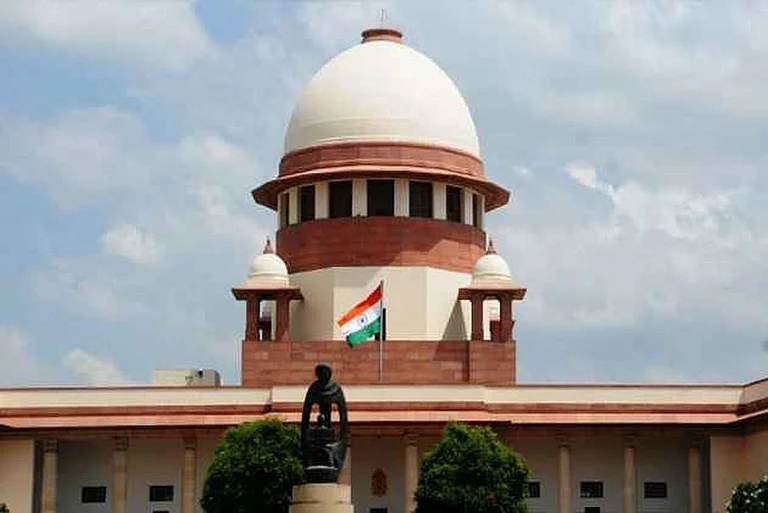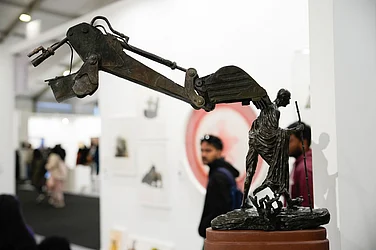Founded by Kanshiram on 14 April 1984, the BSP was the product of his hard work. During rallies, the slogan still reverberates—Kansiram teri nek kamayi, tuney soti qaum jagayi. He had already founded BAMCEF in 1978, and Dalit Shoshit Samaj Sangharsh Samiti (DS4) in 1981 before he launched the BSP.
Kanshiram transformed the politics of Hindi heartland and created a strong network of cadres. Such is the leverage of BSP ticket even today, that during elections candidates assume that they will begin their counting from 20,000 votes onwards, which is the cadre-based vote of the party.
The BSP had won 13 assembly seats in UP elections in 1989, 12 in 1991, 67 in 1993, 67 in 1996, 98 in 2002, 206 in 2007, 80 in 2012, 19 in 2017 and just 1 in 2022.
The party which boasted of such dedicated workers, a strong cadre, whose founder believed that UP is the best laboratory for electoral politics, workers who followed the lines of their leaders, how has it reached this stage? Have the cadres disappeared?
Mostly hailing from SC, ST and OBC communities, the BSP has always commanded an army of cadres. The cadres are streamlined and uniform and are galvanized by just a message for elections, rallies, or any program.
The BSP has a national president, at present Mayawati, whereas the vice president is her brother Anand Gautam.
The next in line is the general secretary, Satish Chandra Mishra is one of them, National Treasurer, currently R Sridhar holds the post. National body has Central General Council and Central Executive Committee.
Each state has a separate General Council with an executive body and a District General Council with an executive committee. For every 10000 members of a general council, one central delegate will be nominated while for every 5000 members one state delegate will be nominated.
These are the backbone of the BSP as they help in spreading the party’s ideology at the grassroots level. Proper registers are maintained at the grassroots level including the names of local office-bearers.
Another important functionary in BSP is the coordinators. The National President appoints the National Coordinators, Mayawati’s nephew Akash Anand is one of them. These coordinators serve as eyes and ears to the higher-ups in the organisation.
The last organisational election in BSP was held on 28 August 2019 at the party’s Lucknow office. Satish Chandra Mishra was the Returning Officer for the election and 165 Central Delegates from 21 states participated in the election. Everyone proposed Mayawati’s name and she was elected unopposed for a period of five years till 2024. The National Executive Committee has been nominated by Mayawati.
The expulsion of senior party leaders is often reported. This is due to the power vested in the national president as per Clause 3 (xiv) wherein the national president shall have the prerogative to intervene at any time and to remove any office bearer of State/UT and even District Executive Committee.
Another striking feature are the members of Bahujan Volunteer Force, dressed in white shirts, blue pants and blue caps, these workers may appear to be part of any security force but they are volunteers of BVF. They are visible during the rallies, programmes of BSP where they manage the crowd and facilitate smooth conduct of the show. At the district level, they are more visible and often work in close liaison with grassroot workers and district units. Though not so vocal, this army of disciplined volunteers can capture the show during any event.
What went wrong
The cadre has vanished, the base vote has shifted, volunteers are missing; numerous reasons are being written for the failure of BSP in 2022 elections. The BSP had two phases—first one when it was on road, raising issues, waging battle for a social cause and the second phase when it assumed power and another class developed. The dedicated ideological worker often got sidelined.
Every political party draws its support from several diverse groups. It often happens when there is clash of interest among these groups. This may result in division and exodus in the party. Several OBC and SC communities deserted BSP for other options.
It’s still early to write an obituary for the social movement heralded by Kanshiram. Political parties are emerged out of social movements, and ideology never dies. They may go through a lean patch but as the wheel turns, they resurface, regroup, rally behind other leaders but emerge on political periscope.
Their complete annihilation is possible only when the aim has been achieved through the social movement and if they deviate from the core ideology. If they stick to their agenda, they rejuvenate. The BSP, still, has some hope.





















